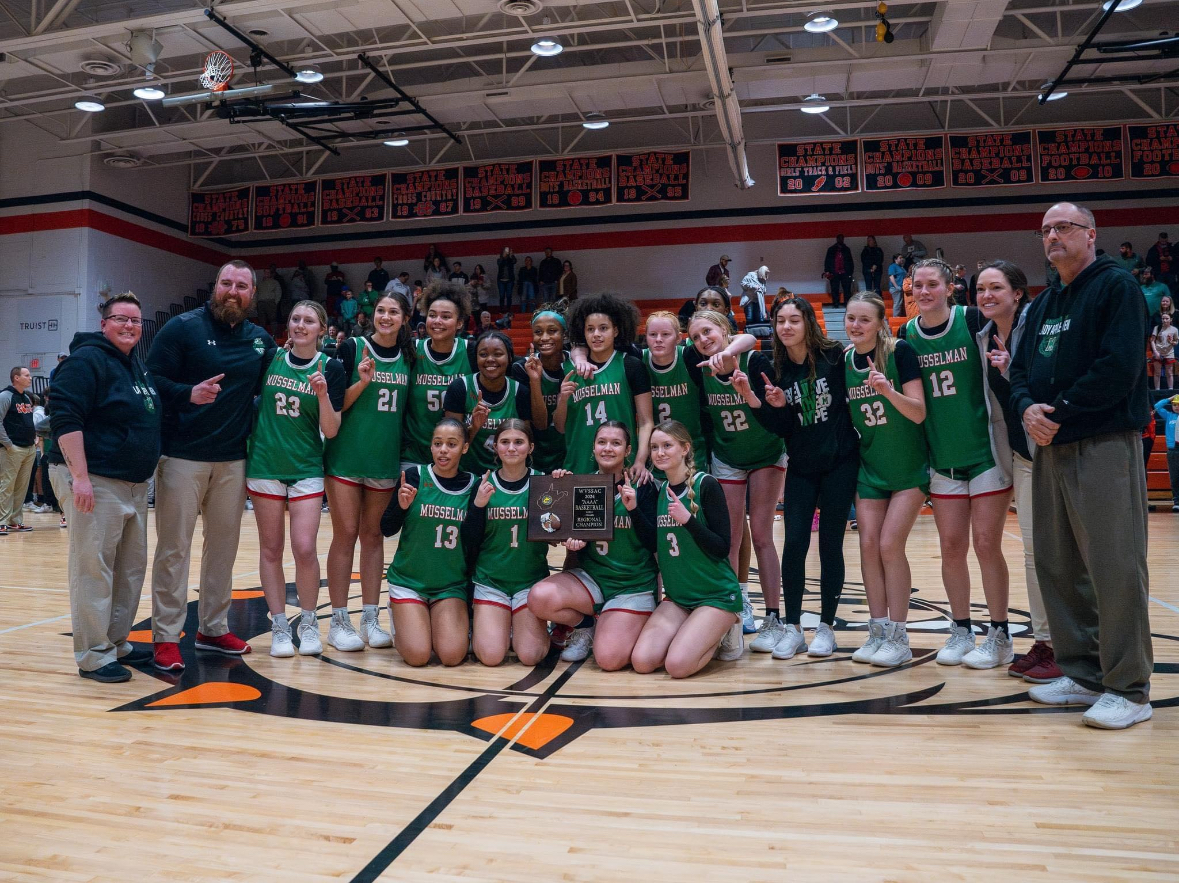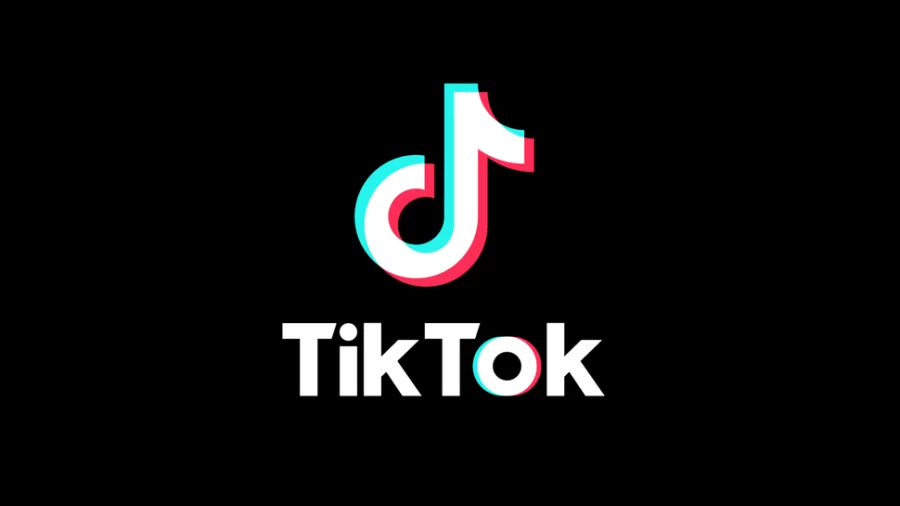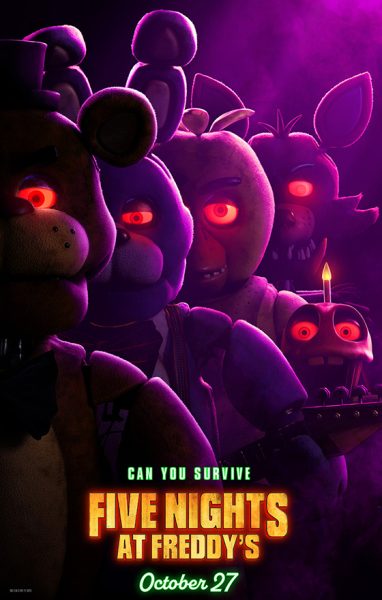TikTok Banned? Fact or Fiction
May 15, 2023
It’s no secret that there have been talks of Congress banning the most popular social media app of the last few years, TikTok. There was a livestream in Congress with the CEO of TikTok, Shou Zi Chew, where they discussed TikTok’s intentions and association with the Chinese Government.
Many in Congress were concerned with data being stolen by Chinese Officials to gain information on American youth. Chew claims that to get this data, the government would have to request it, and TikTok has not been requested to give out this information whatsoever. Though a chairwoman claims that this is “preposterous.”
Those who have watched the livestream pointed out how ironic this statement is, given how many American apps request personal information to sign up and purchase products.
Something even more outlandish is how they refer to Chew himself. They explain that regardless, his platform shouldn’t exist on American app stores because of its invasive properties, and claim he could have close relations with the Chinese.
To provide context, they mention a reporter who was allegedly tracked by rogue employees of Bytedance, the company who owns TikTok. This was in regards to her leaking company information illegally, though she took it more threateningly.
Bytedance obviously wasn’t behind this project, as they heavily condemned the employees involved, but Congress was not convinced.
There have been obvious issues with the ban itself. Creators on the platform often rely on the extra income or exposure for business and entrepreneurial opportunities, hence why cutting off such a popular networking site is so detrimental. A lot of business owners would lose their ability to advertise and exist in the marketplace without an extensive outreach. Without TikTok, many would have to go back to paying for big company products rather than helping small businesses and locally run shops.
It’s an understatement that banning TikTok would devastate many of the country’s youth. Protests have been held to try and sway Congress’ opinions, which haven’t appeared impactful yet. It’s safe to say Congress has a skewed view on the app’s purpose and usefulness; teens around the world would agree that it should be here to stay.




























